Rice Bran Oil: 8 Health Benefits, Uses, And Side Effects
A healthy alternative to your regular cooking oil, especially if you want to make fries
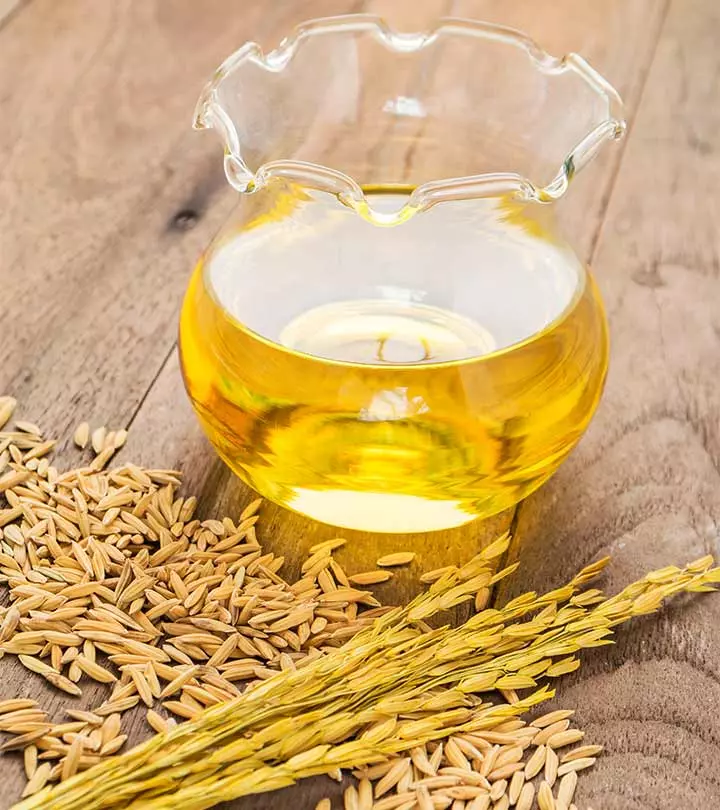
Image: Shutterstock
It is an undeniable fact that cooking oil greatly impacts your health. With increased health consciousness, less refined and low-fat oils, like rice bran oil, are gaining popularity. The benefits of rice bran oil have been well-researched in recent times. The oil also adds a unique flavor and mild aroma to your dishes. To learn more about the benefits of rice bran oil and if it is worth the hype, continue reading further!

 Know Your Ingredient: Rice Bran Oil
Know Your Ingredient: Rice Bran OilWhat Is It?
A less refined, low-fat oil extracted from the outer layer of the rice called bran.
What Are Its Benefits?
May reduce blood sugar levels, boost heart health, aid weight loss, treat dark spots and acne, and reverse signs of aging.
Who Can Use It?
All except those who are pregnant, breastfeeding or with digestive issues, such as ulcers and indigestion.
How Often?
Regularly, but in moderation.
Caution
May cause gastrointestinal issues and indigestion.
In This Article
What Is Rice Bran Oil? How Is It Good For You?
Rice bran oil is an extract derived from the rice husk or the hard outer brown layer of rice.
Now to answer the question: Is rice bran oil good for you? Well, the refining process of the rice husk creates a byproduct, and it has numerous benefits for the beauty and health industry. Rice bran oil has a high smoke point (450o F) and is quite suitable for dishes involving high temperatures.
The goodness of rice bran oil comes from its components. It contains y-oryzanol, a potent antioxidant, and other organic chemical compounds like tocopherols and tocotrienols, which have properties of vitamin E. Most of the benefits of this oil come from these compounds, which is what we will discuss now.
Key Takeaways
- Rice bran oil is high in antioxidants that may reduce cholesterol levels and boost heart health.
- The natural antioxidants in this oil aid weight loss and are beneficial for those with diabetes.
- In addition, it helps treat eczema and dry skin conditions due to its moisturizing properties.
- However, excess consumption of this oil may cause gastrointestinal issues like indigestion and ulcers.
What Are The Benefits Of Rice Bran Oil?
1. Rice Bran Oil Boosts Heart Health
Also known as a heart-friendly oil, it can lower cholesterol levels – thanks to the optimum levels of oryzanol. In fact, this antioxidant reduces cholesterol absorption and increases cholesterol elimination. This oil also has the best combination of monounsaturated, polyunsaturated, and saturated fats amongst all vegetable oils.
One Iranian study states that taking rice bran oil as part of a healthy diet can cut the risk of cardiovascular disease (1). In another interesting study, we find that it is rice bran oil, and not fiber, that has more effects on cholesterol reduction (2).
2. Can Be Beneficial For Diabetics

In one study, 18 g daily consumption of rice bran oil for five weeks was found to lower total serum cholesterol concentrations and bad cholesterol in in type 2 diabetes patients (3). However, there was no singnificant impact on insulin resistance.
 Trivia
Trivia3. Aids Weight Loss

As it has the ability to lower cholesterol levels, rice bran oil may also aid weight loss (4). It is also rich in natural antioxidants (like oryzanol) that boost metabolism and contribute to healthy weight loss (5).
4. Treats Dark Spots
Using rice bran oil topically has its benefits (6). It evens out the skin tone and reduces dark spots. It also helps treat the puffiness around eyes.
5. Helps Treat Eczema
The moisturizing properties of rice bran oil may help treat dry skin and eczema (7). Other dry skin conditions like dermatitisi Skin conditions that may cause inflammation and dry, swollen, and itchy red patches or blisters. , rosaceai A skin condition, affecting mostly middle-aged people, that causes facial redness along with small red, pus-filled bumps. , and even rashes could also be treated with rice bran oil.
6. Treats Acne

The oil contains oleic and linoleic acids in a balanced ratio, and this can help treat acne. This is because acne-prone skin is usually deficient in linoleic acid. The oil also contains palmitic acid, another essential fatty acid for healthy skin.
Elena Toma, a blogger, has tried rice bran oil in her beauty regime and shared her experience in a blog post. She says “Rice bran oil is one of my favorite skin oils because it penetrates skin and does not lay on top of it making it greasy and nothing else. It has anti-inflammatory properties and can help soothe and calm down irritated skin without clogging pores or aggravating acne. It helps to reduce the appearance of wrinkles and fine lines (also helps to prevent them) (i).”
7. Helps Delay Aging
This can be attributed to the presence of squalene in the oil, which tightens skin and boosts skin health. As a consequence, it slows down wrinkle formation and delays skin aging due to its natural moisturizing action.
 Quick Tip
Quick Tip8. Boosts Hair Growth

Rice bran oil contains inositol, a carbohydrate compound that prevents dandruff and reduces split ends. It also promotes hair health. The oil contains omega-3 and omega-6 fatty acids (though omega-3 is only in small amounts) that help prevent premature graying of hair.
Studies show that linoleic acid and oryzanol also boost hair growth and strengthen your tresses (8). To enhance your hair care routine, you can first wash your hair with rice water and then use rice bran for added strength and shine. You may also explore how to use rice water for hair to learn more about its benefits and proper usage.
9. May Boost The Immune System
Rice bran oil is believed to boost the immune system. It contains beneficial compounds, like antioxidants, vitamins, and healthy fats, that play a vital role in strengthening the body’s defense mechanisms (9).
A key ingredient in rice bran oil, gamma-oryzanol, has also been linked to enhanced immune function and an improved immune system response. A study done on mice showed that the consumption of rice bran oil may help modulate the immune system to some extent (10).
10. May Improve Liver Health
A study done on rats with fatty liver disease found that rice bran oil improved their liver health. It helped lower elevated fat and cholesterol levels in the liver. It also stops certain genes from producing more fat. The study concluded that rice bran oil may prevent liver problems in women after menopause (11).
These are the ways rice bran oil can keep you healthier. But there is something else we need to know – the many other nutrients in the oil that do the job well.
What Is The Nutritional Profile Of Rice Bran Oil?
| Nutrition Facts Serving Size 218g | ||
|---|---|---|
| Amount Per Serving | ||
| Calories 1927 | Calories from Fat 1927 | |
| % Daily Value* | ||
| Total Fat 218g | 335% | |
| Saturated Fat 43g | 215% | |
| Trans Fat | ||
| Cholesterol 0mg | 0% | |
| Sodium 0mg | 0% | |
| Total Carbohydrate 0g | 0% | |
| Dietary Fiber 0g | 0% | |
| Sugars 0g | ||
| Protein 0g | ||
| Vitamin A | 0% | |
| Vitamin C | 0% | |
| Calcium | 0% | |
| Iron | 1% | |
| Calorie Information | ||
| Amounts Per Selected Serving | %DV | |
| Calories | 1927(8068 kJ) | 96% |
| From Carbohydrate | 0.0(0.0 kJ) | |
| From Fat | 1927(8068 kJ) | |
| From Protein | 0.0(0.0 kJ) | |
| From Alcohol | 0.0(0.0 kJ) | |
| Fats & Fatty Acids | ||
| Amounts Per Selected Serving | %DV | |
| Total Fat | 218 g | 335% |
| Saturated Fat | 43.0 g | 215% |
| Monounsaturated Fati A type of healthy dietary fat found in olive oil, nuts, and seeds that reduces bad cholesterol levels in the blood. | 85.7 g | |
| Polyunsaturated Fat | 76.3 g | |
| Total trans fatty acids | ~ | |
| Total trans-monoenoic fatty acids | ~ | |
| Total trans-polyenoic fatty acids | ~ | |
| Total Omega-3 fatty acids | 3488 mg | |
| Total Omega-6 fatty acids | 72816 mg | |
| Vitamins | ||
| Amounts Per Selected Serving | %DV | |
| Vitamin A | 0.0IU | 0% |
| Vitamin C | 0.0 mg | 0% |
| Vitamin D | – | – |
| Vitamin E (Alpha Tocopherol) | 70.4 mg | 352% |
| Vitamin K | 53.9 mcg | 67% |
| Thiamin | 0.0 mg | 0% |
| Riboflavin | 0.0 mg | 0% |
| Niacin | 0.0 mg | 0% |
| Vitamin B6 | 0.0 mg | 0% |
| Folate | 0.0 mcg | 0% |
| Vitamin B12 | 0.0 mcg | 0% |
| Pantothenic Acid | 0.0 mg | 0% |
| Choline | ~ | |
| Betaine | ~ | |
There are other ways you can use rice bran oil.
Any Other Uses Of Rice Bran Oil?
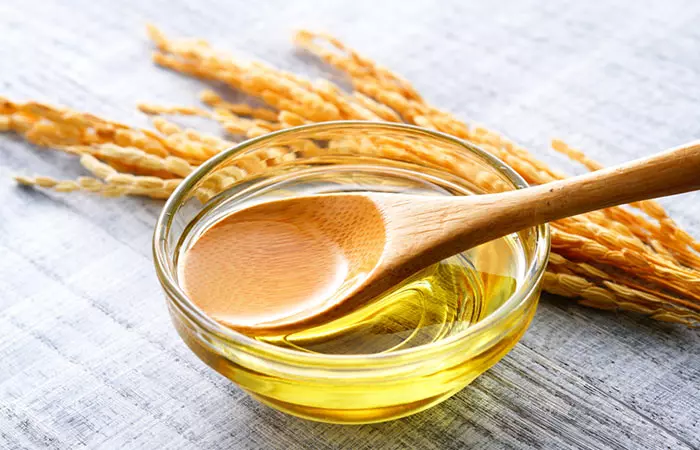
- For Cooking
Rice bran oil is particularly effective in high-heat cooking, given it has a high smoke point. You can use it while stir-frying, frying or sautéing. It also has a light flavor and clean texture and doesn’t overpower the food. It is a popular ingredient in Asian countries and is used as a key ingredient in many Japanese, Thai, Indian, and Chinese cuisines. Beyond the stovetop, rice bran oil works well in marinades for soaking before cooking. Since it has a mild flavor, you can also use it in salad dressings or baking recipes where you do not want the oil to overshadow other ingredients. You may even add the oil to your smoothies and health shakes, inspiring you to explore new culinary possibilities.
- For Making Soap
Another interesting use of rice bran oil is in the soapmaking process. It is made with a combination of rice bran oil and other ingredients, along with organic shea butter and sodium hydroxide. You also add distilled water.
Sounds cool, doesn’t it? But wait – not everything is rosy about this oil. There is a shady side to it as well.
What Are The Side Effects of Rice Bran Oil?
- Issues During Pregnancy And Breastfeeding
Though safe in normal amounts, we aren’t sure if the oil can be taken in larger amounts during pregnancy and breastfeeding. Hence, stay safe and take the oil in moderation after consulting your doctor.
- Gastrointestinal Issues
In case you have digestive tract issues like ulcers, indigestion, or any other type of digestive issue, stay away from the oil. The fiber from the rice bran might block your digestive tract and cause complications.
We are not sure if the same is the case with the oil as well. So, stay safe and avoid use.
Infographic: 5 Ways Rice Bran Oil Can Benefit You
Many believe rice bran oil to be the healthiest of all the vegetable oils. It helps keep your heart healthy, helps manage diabetes, and promotes healthy skin. Want to know more? Check out the infographic below to find out why you should use rice bran oil.
Some thing wrong with infographic shortcode. please verify shortcode syntaxRice bran oil is a versatile oil that can be used for baking, salad dressing, marinades, seasoning, dips, and sauces. Also, it is a good choice for health-conscious people who are following vegan, vegetarian, or gluten-free lifestyles. Rice bran oil is one of the most nutritious, allergy-friendly cooking oils available. The health benefits of rice bran oil can be attributed to its essential fatty acids, potent antioxidants, minerals, and vitamin E. These nutrients help promote heart health. The oil is also beneficial to your hair and skin. Rice bran oil may even help manage diabetes and weight. However, excess intake may cause gastrointestinal issues. If you experience any adverse effects, limit its use and seek medical advice.
Frequently Asked Questions
What is the shelf life of rice bran oil?
If stored properly in a cool and dark place, unopened rice bran oil has a shelf life of about 1-2 years. After opening, it is best to use it within 6-9 months.
Is rice bran oil healthier than olive oil?
Both rice bran and olive oils are healthy. Rice bran oil has a higher vitamin E content, while olive oil has a high vitamin K content (9), (10). Rice bran oil has a longer shelf life and is budget-friendly compared to olive oil.
Which is best: sunflower oil or rice bran oil?
While sunflower and rice bran oils are nutritious, their nutritional values differ. Rice bran oil is high in vitamin K and the antioxidant oryzanol compared to sunflower oil (9), (11), (12). This may make rice bran oil more effective in managing cholesterol levels and improving overall heart health.
Is rice bran oil better than refined oil?
Yes, rice bran oil is better than refined oil. It is cholesterol-free and also possesses cancer-preventive agents.
Is rice bran oil healthier than ghee?
Rice bran oil is healthier than ghee because it contains powerful antioxidants and healthy fatty acids. Ghee is heavier and is not heart-friendly too.
What color is rice bran oil?
It has a dark reddish hue which further darkens on frying.
How do I store rice bran oil to ensure its freshness and quality?
Store rice bran oil in a dark place that is devoid of sunlight to ensure its freshness and quality.
Is rice bran oil safe for people with allergies or sensitivities to wheat or gluten?
Yes, rice bran oil is safe for people with allergies or sensitivities to wheat or gluten as it is hypoallergenic and gluten-free.
Why is rice bran oil expensive?
Rice bran oil is expensive because it has recently gained popularity in usage by health-conscious consumers. Moreover, its preparation includes multiple processes that make it more expensive than other oils.
How do I choose a high-quality rice bran oil, and what should I look for on the label?
To choose a high-quality rice bran oil, opt for a refined-grade type. Look for its iodine value (which should be between 90-105) on the label to get the best and most healthy rice bran oil.
Illustration: Rice Bran Oil: 8 Health Benefits, Uses, And Side Effects
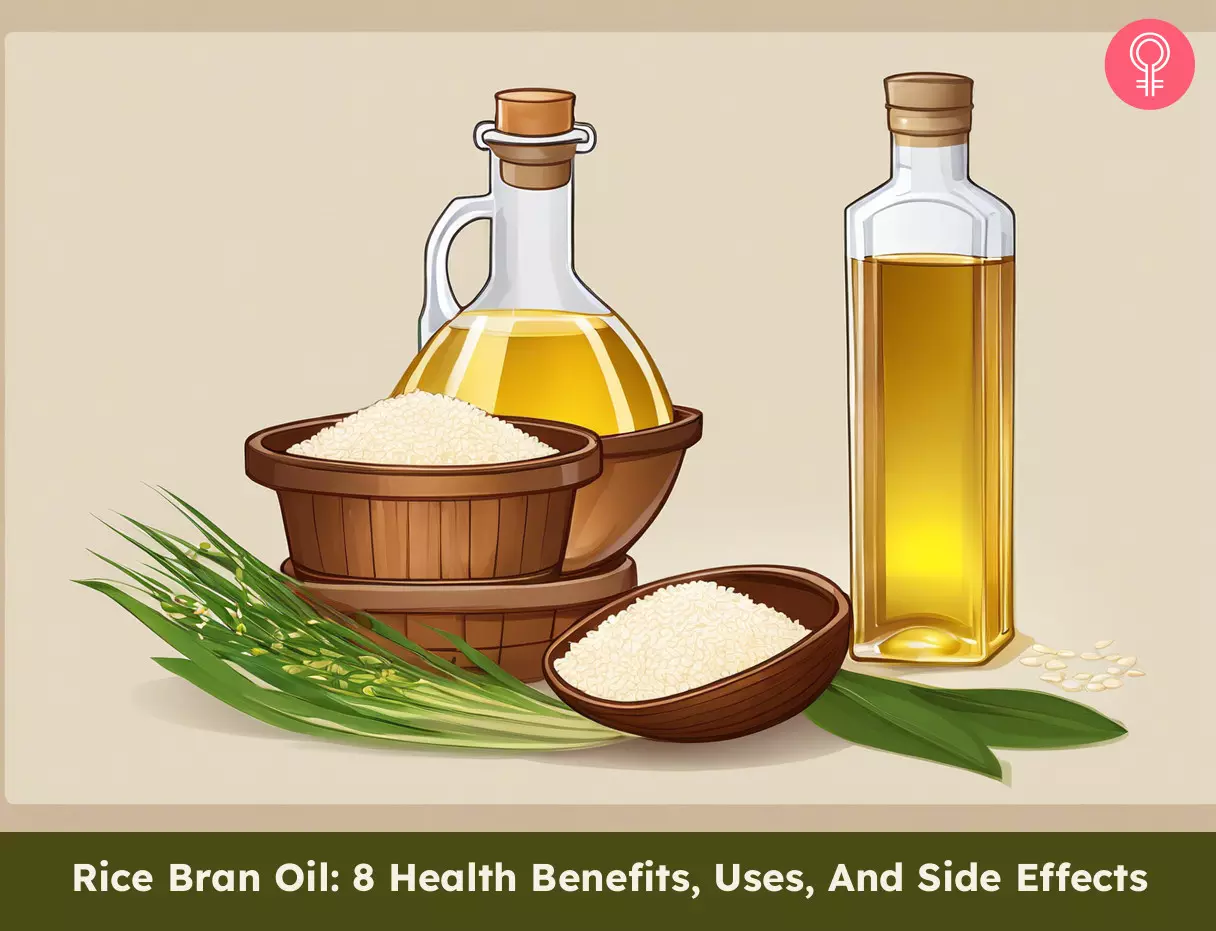
Image: Stable Diffusion/StyleCraze Design Team
Discover the amazing health benefits of rice bran oil. Watch this informative video to learn how it can help improve your overall health and well-being.
Personal Experience: Source
StyleCraze's articles are interwoven with authentic personal narratives that provide depth and resonance to our content. Below are the sources of the personal accounts referenced in this article.
i. Amazing skin/ healing and beauty benefits of rice bran oilhttps://beautymagicbox.blogspot.com/2014/12/amazing-skin-healing-and-beauty.html
References
Articles on StyleCraze are backed by verified information from peer-reviewed and academic research papers, reputed organizations, research institutions, and medical associations to ensure accuracy and relevance. Read our editorial policy to learn more.
- “Effect of low-calorie diet with…”. US National Library of Medicine.
- “Rice bran oil, not fiber…”. US National Library of Medicine.
- Effects of rice bran oil on the blood lipids…“. US National Library of Medicine.
- “Pigmented rice bran and plant…” US National Library of Medicine.
- “Evaluation of γ-oryzanol accumulation and…” US National Library of Medicine.
- “Rice water: a traditional ingredient with…” Cosmetics, MDPI Journals.
- “Amended final report on the safety…” US National Library of Medicine.
- “In vivo hair growth…”. US National Library of Medicine.
- “Oil, rice bran”. U.S Department of Agriculture
- “Exploring the immune-boosting functions…”. US National Library of Medicine.
- “Increased immune…”. US National Library of Medicine.
- “Standardized rice bran…”. US National Library of Medicine.
- “Olive Oil”. U.S Department of Agriculture
- “Sunflower oil”. U.S Department of Agriculture
- “Study on the composition of rice bran oil…”. Springer Link
Read full bio of Staci Gulbin
Read full bio of Ravi Teja Tadimalla
Read full bio of Arshiya Syeda
Read full bio of Sindhu Koganti






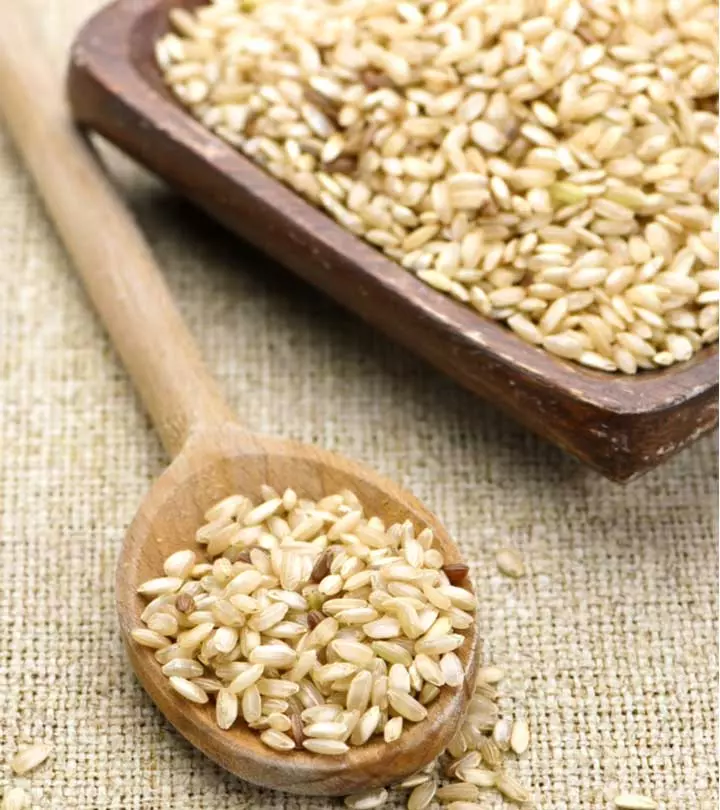
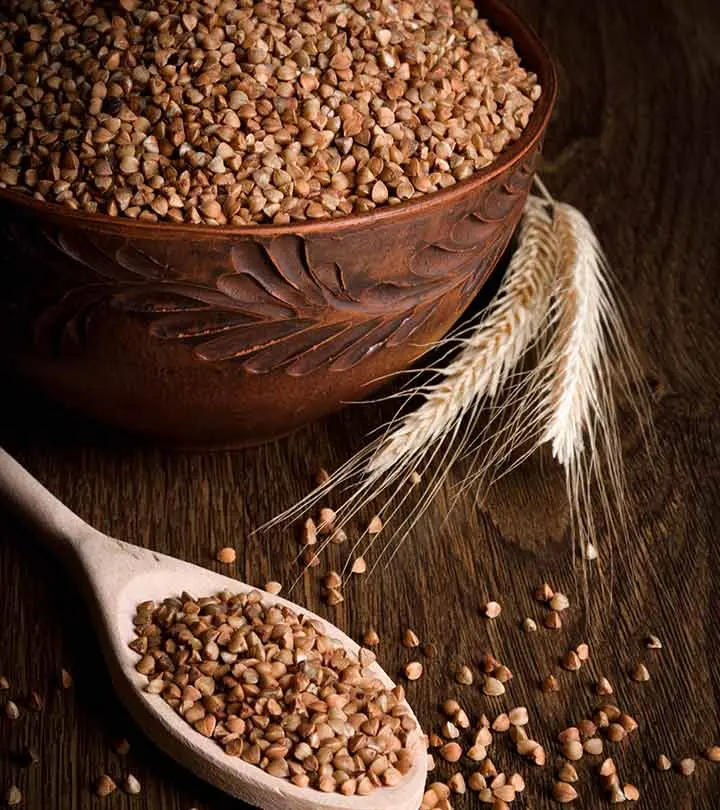
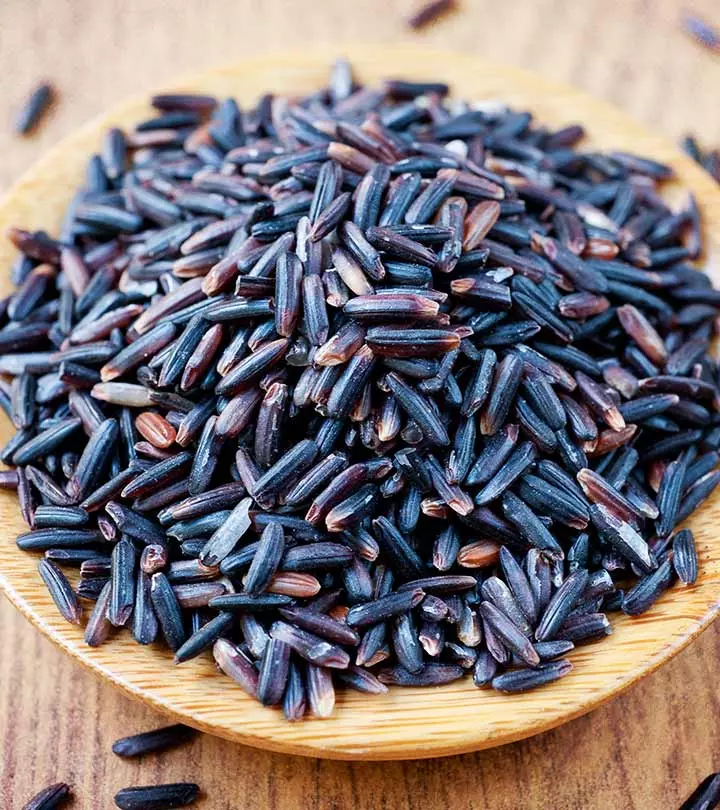

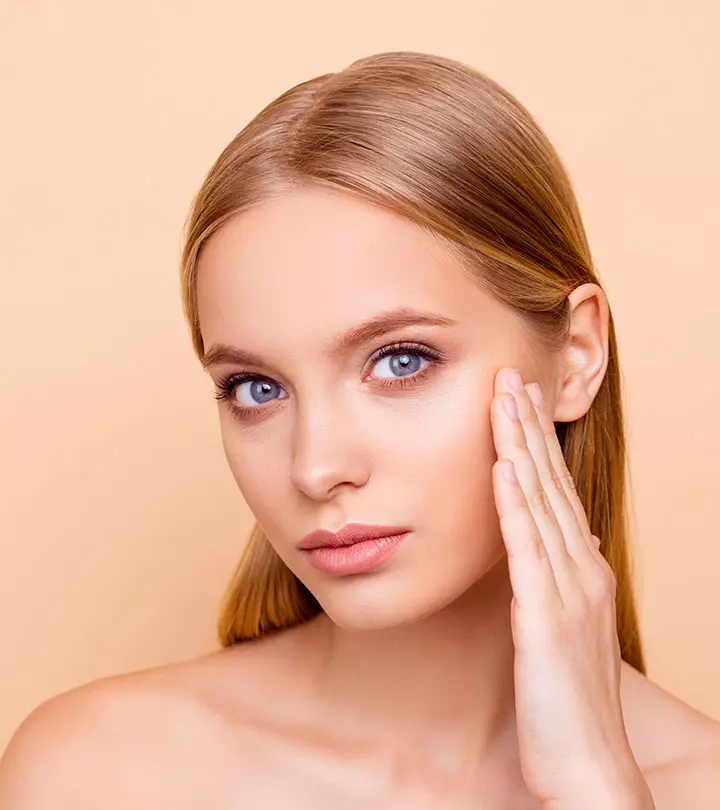
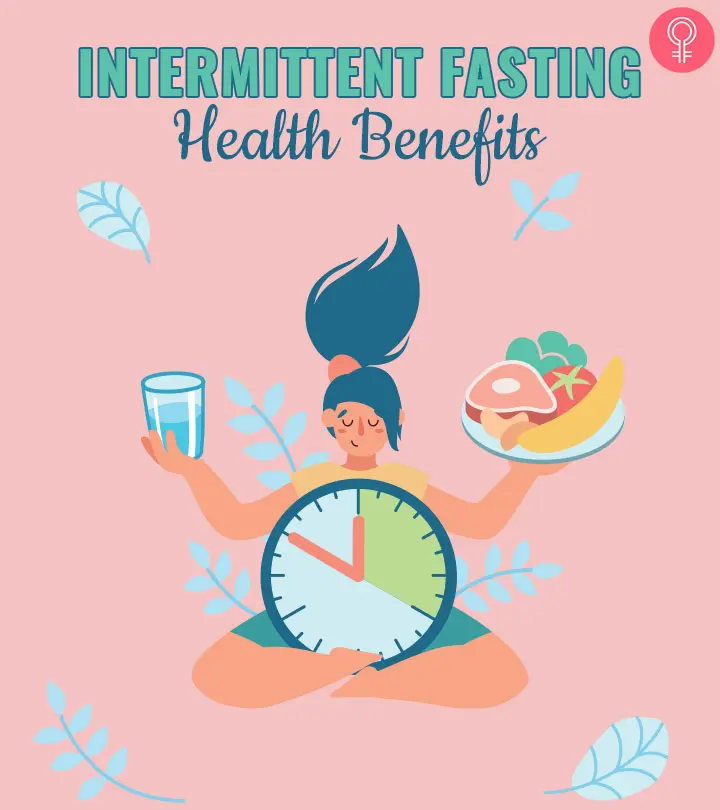


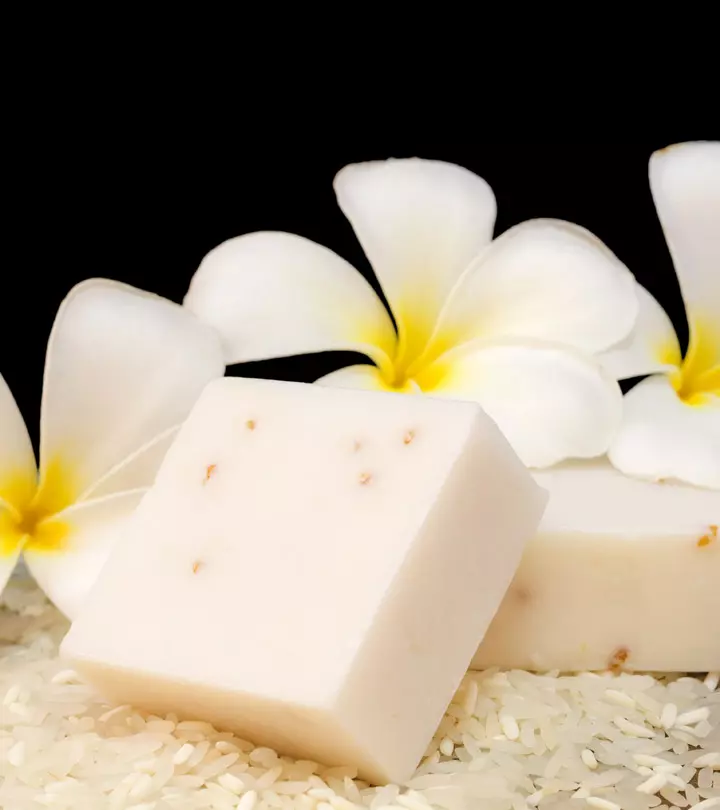

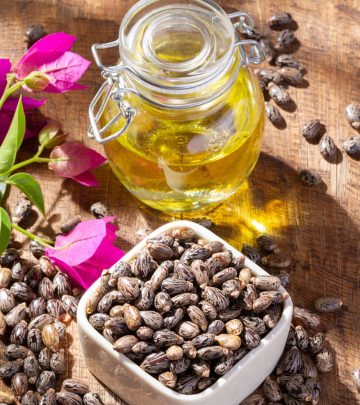



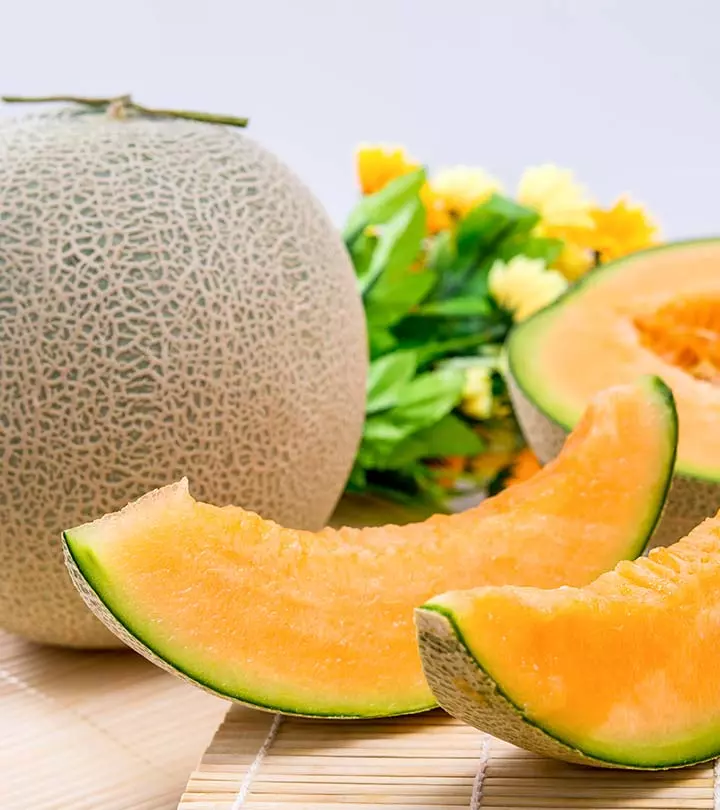
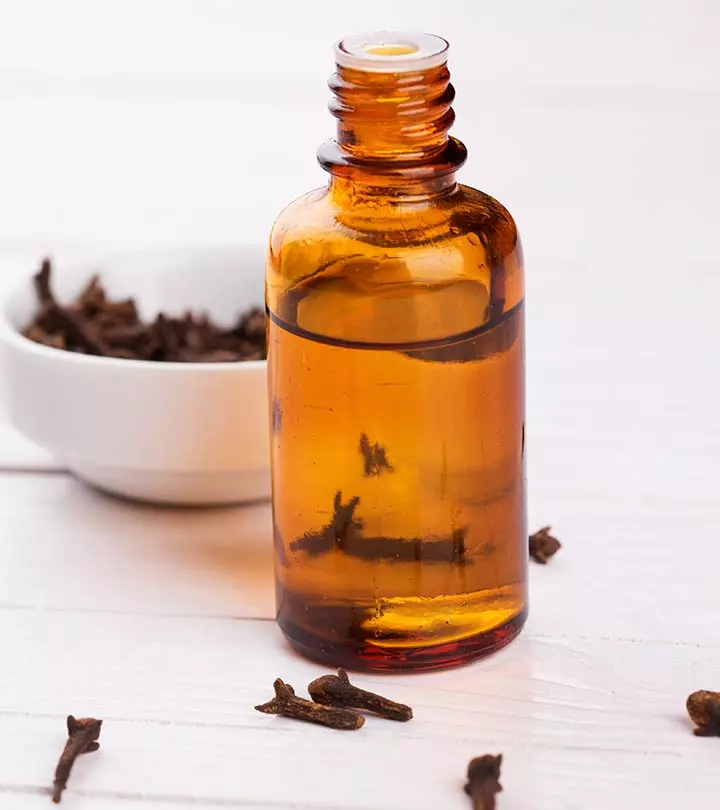

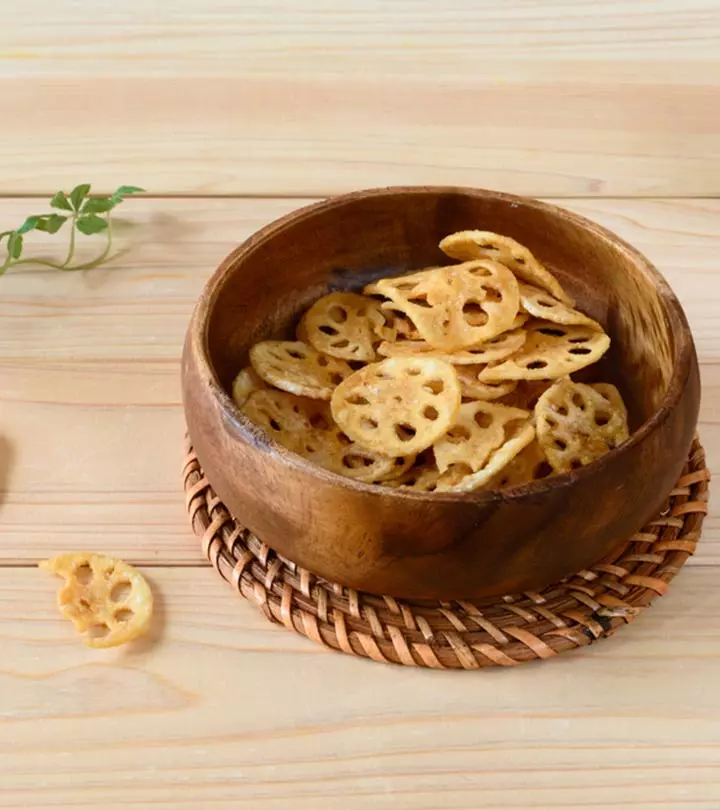

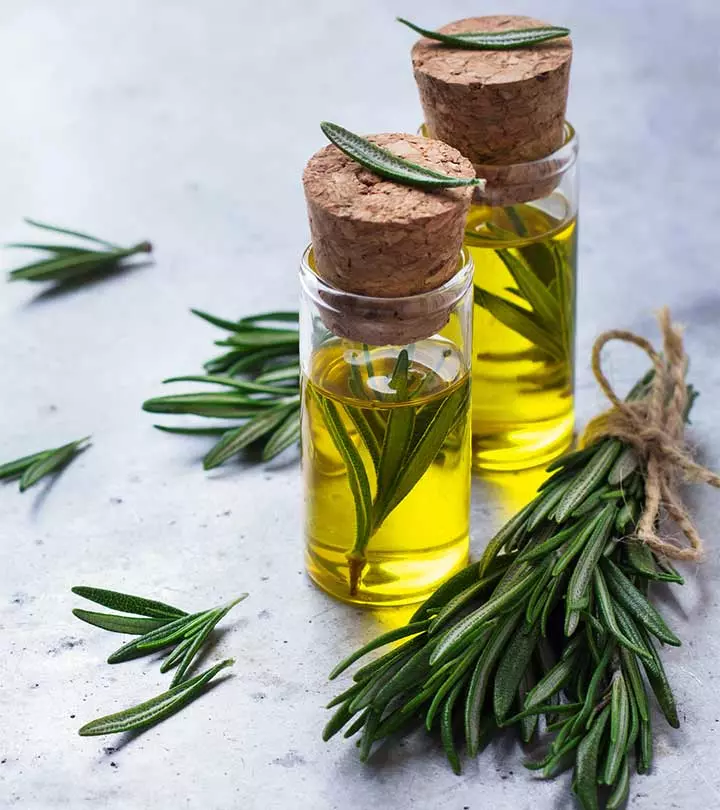
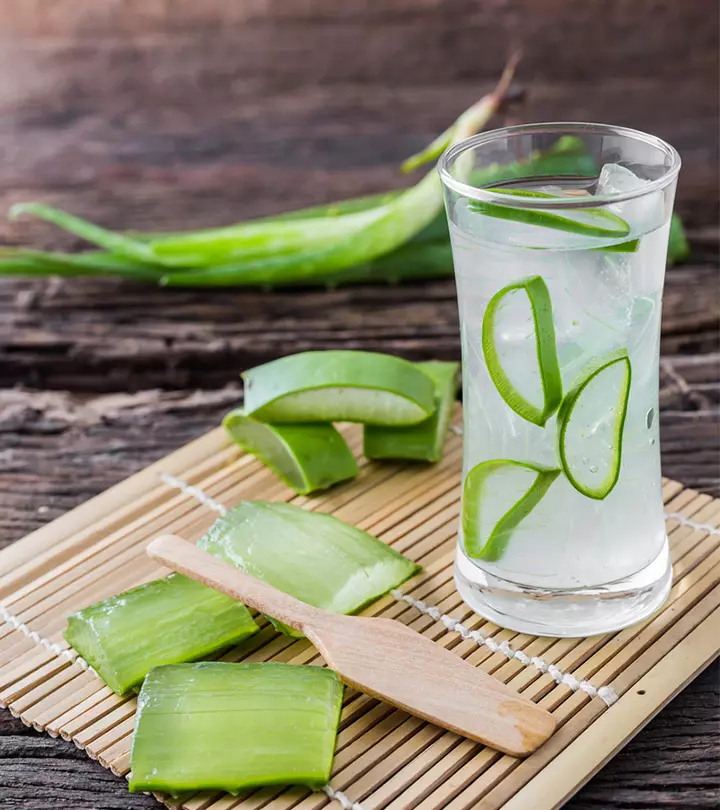
Community Experiences
Join the conversation and become a part of our empowering community! Share your stories, experiences, and insights to connect with other beauty, lifestyle, and health enthusiasts.